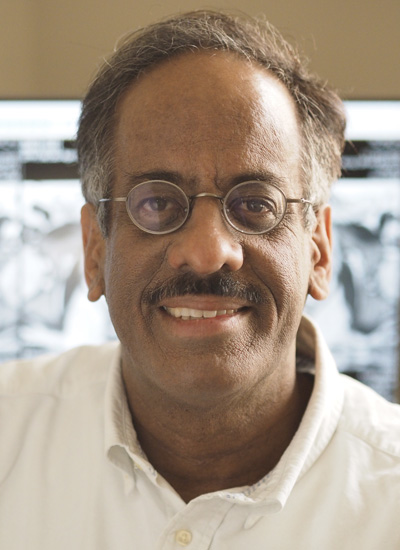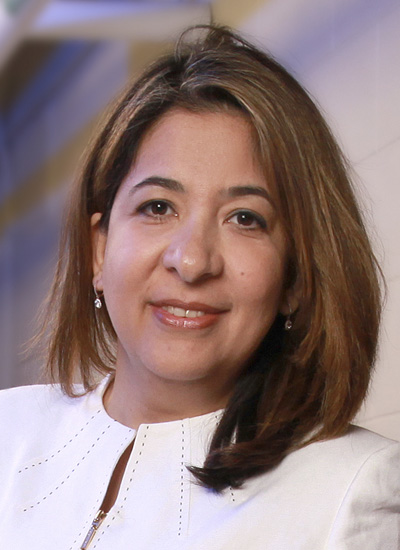Join the Machine Learning in Medical Imaging Consortium (MaLMIC) for an opportunity to network on machine learning
Monthly Virtual Forum Series on Zoom
Friday, February 19, 2021
3:30 to 5:30 p.m. EST
Dr. Haider, a radiologist, discussed the prostate cancer unmet clinical need followed by two researchers, Dr. Mousavi and Mr. Orlando, describing their machine learning research work in the area. This was followed by discussion focused on opportunities to collaborate and share resources.
Monthly Virtual Forum Series on Zoom
Friday, February 19, 2021
3:30 to 5:30 p.m. EST
Dr. Haider, a radiologist, discussed the prostate cancer unmet clinical need followed by two researchers, Dr. Mousavi and Mr. Orlando, describing their machine learning research work in the area. This was followed by discussion focused on opportunities to collaborate and share resources.


MRI in Prostate Cancer: Opportunities for AI
Masoom Haider, MD, FRCPC
Radiologist and Clinician Scientist, Joint Department of Medical Imaging, University of Toronto
MRI has established itself as an adjunctive test in detecting occult prostate cancer. New guidelines will recommend MRI for patients with elevated PSA and no prior biopsy resulting in a marked increase in MRI in the province. There are several use cases that can benefit from the application of machine learning to improve diagnostic performance and outcomes, which was reviewed.


Computer-assisted diagnosis and prognosis of prostate cancer diagnosis: AI, advances, and democratization of access to innovation
Parvin Mousavi, PhD
Professor, School of Computing, Queen’s University
As the role of ultrasound in accurate guidance and detection of prostate cancer evolves, so do innovations in deep learning and machine learning approaches. Meanwhile, the clinical translation of such innovations is hindered by the noisy and heterogenous nature of imaging signals and gold-standard pathology. The talk reviewed our recent progress in this area.


